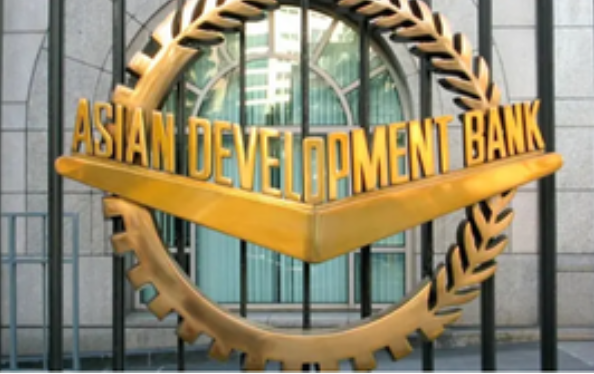Business
India gets $400 million ADB loan for sprucing up infrastructure in cities

New Delhi, Nov 13
The government on Monday signed a $400 million policy-based loan with Asian Development Bank (ADB) to support its urban reform agenda for creating high quality urban infrastructure, improving service delivery, and promoting efficient governance systems.
The loan agreement for the Sub-programme 2 of the Sustainable Urban Development and Service Delivery Programme was signed by Juhi Mukherjee, Joint Secretary, Ministry of Finance, for the Government of India, and Takeo Konishi, Country Director of ADB’s India Resident Mission, for the ADB.
While Sub-programme 1 approved in 2021 with a financing of $350 million established national-level policies and guidelines to improve urban services, Sub-programme 2 is supporting investment planning and reform actions at the state and urban local body (ULB) levels.
After signing the loan agreement, Mukherjee stated that the programme supports the government’s urban sector strategy with a focus on urban reforms aimed at making cities livable and centres of economic growth through provisioning of inclusive, resilient and sustainable infrastructure.
“Sub-programme 2 supports the reforms initiated by the states and the ULBs in operationalising the national flagship programme of Atal Mission for Rejuvenation and Urban Transformation (AMRUT) 2.0 targeted for universal access of water supply and sanitation,†said Konishi.
“The sub-programme also supports other mission objectives for ensuring urban water security through reducing water losses, recycling treated sewage for non-domestic use, rejuvenation of water bodies, and maintaining sustainable ground water level.â€
The programme also envisages integrated urban planning reforms to control urban sprawls and foster systemic and planned urbanisation through enhancing the entire ecosystem of legal, regulatory, and institutional reforms along with capacity building of ULBs and community awareness.
Specifically, ULBs will promote modernisation of building bylaws, land pooling, urban agglomeration, and comprehensive urban mobility planning through transit-oriented development to help cities become well-planned centres of economic growth.
Such integrated planning processes will incorporate climate and disaster resilience, promote nature-based solutions, improve urban environment, and improve cities’ financial sustainability through generation of additional revenues.
Moreover, cities will be incentivised to become creditworthy through various reforms on enhancing their revenues such as property taxes and user charges, improve their efficiencies and rationalise their expenditures.

4 hours ago
G20 Johannesburg summit calls for improving global governance

4 hours ago
EAM Jaishankar speaks to Ukrainian FM, discusses latest conflict-related developments

4 hours ago
PM Modi holds significant discussions with world leaders during Jo'burg G20 Summit

5 hours ago
US says Russia-Ukraine peace draft made with Moscow's 'input'

5 hours ago
Ukraine, US to hold consultations on peace plan in Switzerland

5 hours ago
Houthi court sentences 18 Yemeni UN aid workers to death for 'spying for Israel'

5 hours ago
Justice Surya Kant to take oath as 53rd CJI tomorrow

5 hours ago
Tejas pilot’s body brought to Coimbatore; IAF personnel pay tearful tribute

5 hours ago
The Third Eye: Strategic significance of transparency

5 hours ago
Gujarat CM changes his programme venue for citizen's wedding in Jamnagar

5 hours ago
'He is daydreaming': DKS dismisses Kumaraswamy's claim of 'explosive political developments' in K'taka

5 hours ago
TN govt brings Cuddalore’s Srimushnam taluk under Cauvery Delta region; over 18,000 farmers to benefit

5 hours ago
Bilateral trade to grow, investment to surge with proposed Israel FTA: Piyush Goyal






















